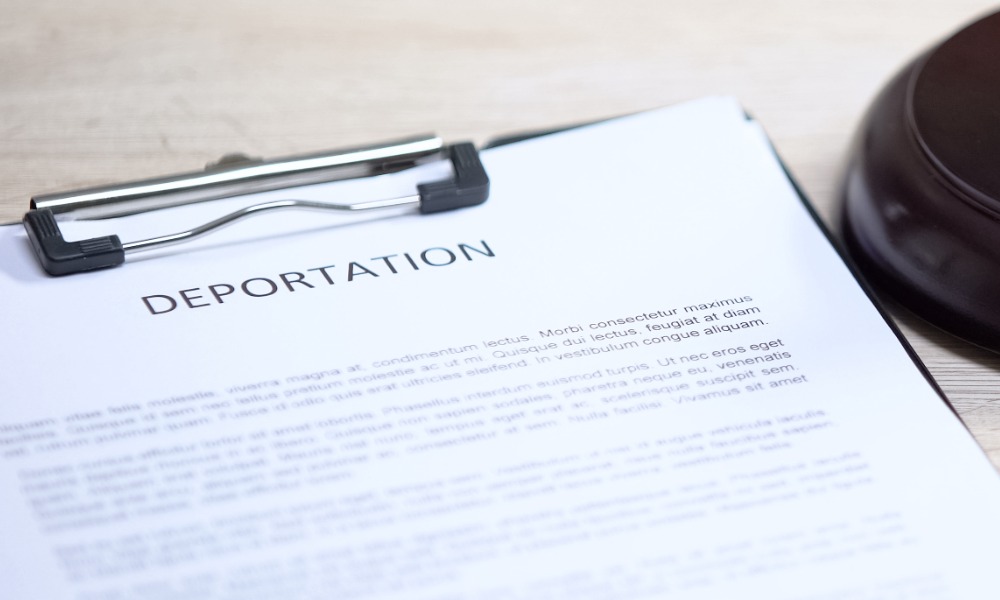It sounds like something out of a spy movie but self-destructing text messages are now a reality thanks to a new app. Should HR be wary of this new technology or embrace it?
It may be something more likely to be reserved for the world’s spies, but self-destructing text messages are now a reality for everyone. A new app has been launched allowing for parties to have candid and private conversations without the fear of the text messages being permanently stored or inadvertently shared.
The app called Confide works by concealing the text message with each word blocked out. To reveal the word the receiver swipes a finger over them then the message disappears once fully read. The texts are not archived and the app does not allow for screen shots to be taken of the messages.
So should HR sanction the use of the self-destructing texting in the workplace? Blair Scotland, Principal at Dundas Street Employment Lawyers, advised HR to keep a wide berth from the technology.
“If an employer said to me ‘oh there’s this app should we be using I’d be saying absolutely not,” he told HRM. “You’re better to have things on the record that you can [use] for later [if an employment situation arises] and that includes when people text in to say that their sick, or the odd time people text to quit a job. You want that stuff in a recorded format you can reproduce later on using applications that don’t allow you to capture it could be quite problematic.”
Scotland said he could see the app being used for nefarious dealings or by colleagues having a covert relationship and recommended employers put in place policies that such apps cannot be downloaded onto work cell phones.
“All sorts of dodgy things could be going on including secret deals and unlawful activity. It could be used for anything. As an employer I think you would want to say to people ‘no we don’t want a bar of using that. We want transparency, we want the ability to track and record’,” he said.
Simpson Grierson senior associate, Simon Lapthorne, added that a conversation which is purportedly without prejudice, or off the record, can still be admissible in court and parties could be required to give evidence of the communications that took place.
Do you think there is a place in the workplace for such technology?
The app called Confide works by concealing the text message with each word blocked out. To reveal the word the receiver swipes a finger over them then the message disappears once fully read. The texts are not archived and the app does not allow for screen shots to be taken of the messages.
So should HR sanction the use of the self-destructing texting in the workplace? Blair Scotland, Principal at Dundas Street Employment Lawyers, advised HR to keep a wide berth from the technology.
“If an employer said to me ‘oh there’s this app should we be using I’d be saying absolutely not,” he told HRM. “You’re better to have things on the record that you can [use] for later [if an employment situation arises] and that includes when people text in to say that their sick, or the odd time people text to quit a job. You want that stuff in a recorded format you can reproduce later on using applications that don’t allow you to capture it could be quite problematic.”
Scotland said he could see the app being used for nefarious dealings or by colleagues having a covert relationship and recommended employers put in place policies that such apps cannot be downloaded onto work cell phones.
“All sorts of dodgy things could be going on including secret deals and unlawful activity. It could be used for anything. As an employer I think you would want to say to people ‘no we don’t want a bar of using that. We want transparency, we want the ability to track and record’,” he said.
Simpson Grierson senior associate, Simon Lapthorne, added that a conversation which is purportedly without prejudice, or off the record, can still be admissible in court and parties could be required to give evidence of the communications that took place.
Do you think there is a place in the workplace for such technology?





